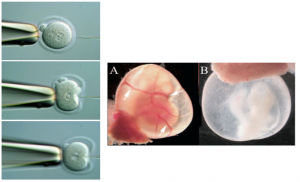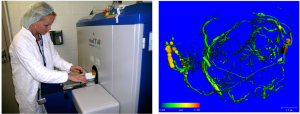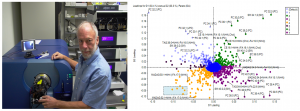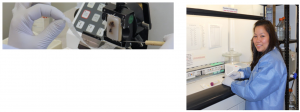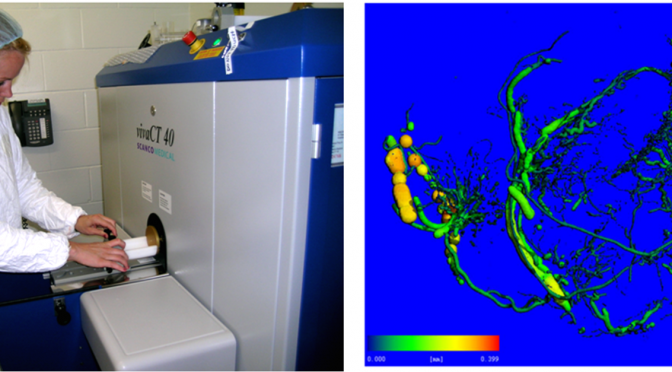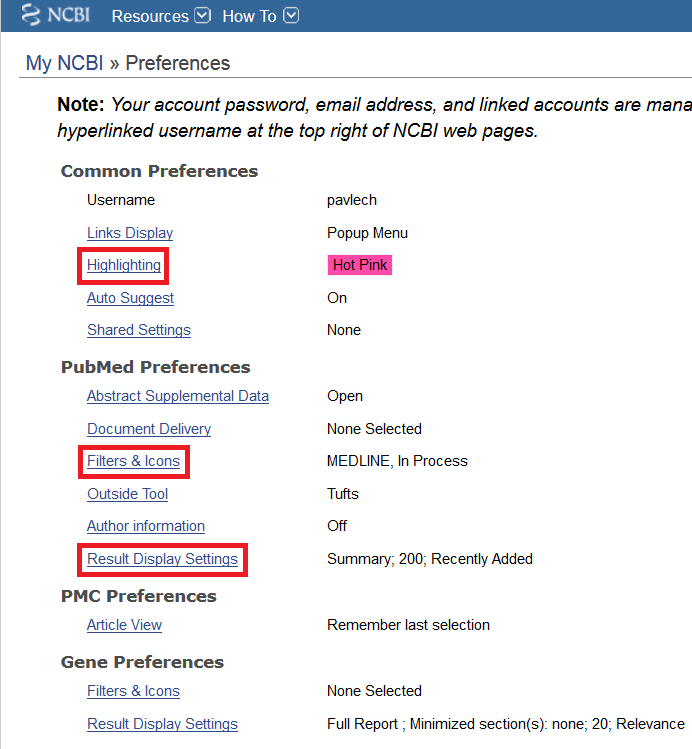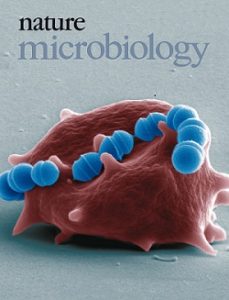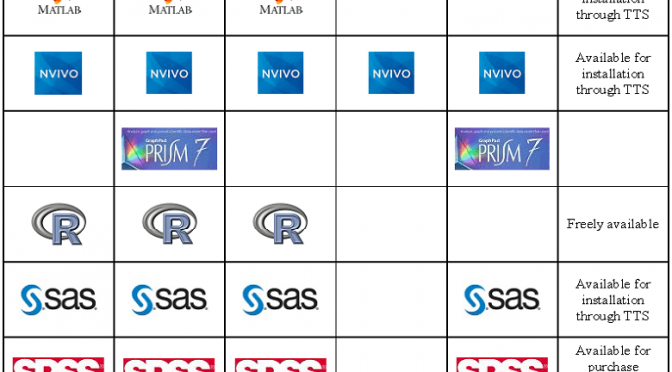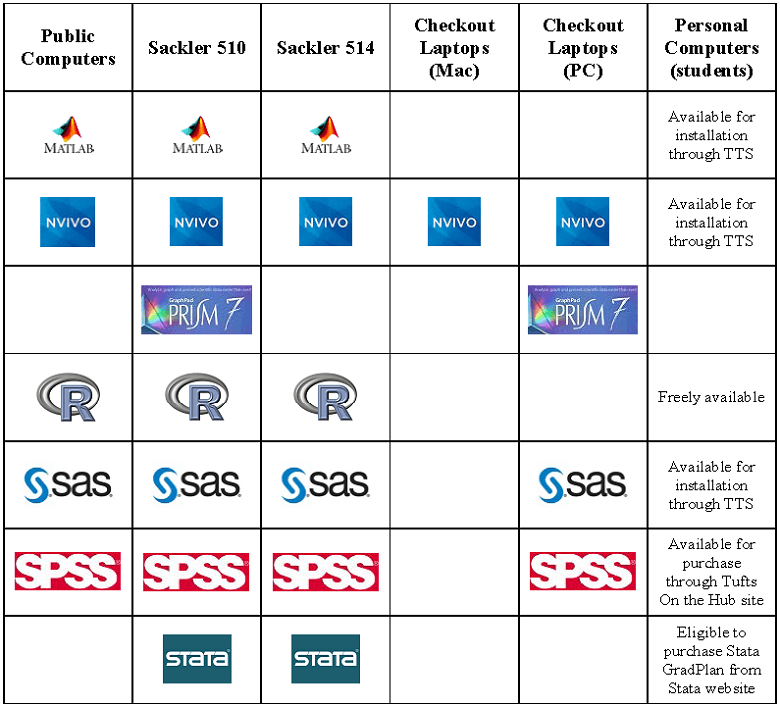By Lucy Liaw, PhD Tufts/MMCRI
Here at Maine Medical Center Research Institute, we are very happy to be supporting Tufts trainees and working with many Tufts investigators here and in Boston to provide core facility services such as transgenic mouse generation.
Did you know that many of our core facilities were established at Maine Medical Center through a special NIH program, the Institutional Development Award (IDeA) Program? The IDeA program was established by Congressional mandate in 1993 to help develop research infrastructure to support biomedical research in 23 states that historically have had a low level of NIH funding. Maine is one of those states. In fact, there was a time when 50% of NIH funding went to researchers in 5 states (Massachusetts being one of those heavily funded states!), while the 23 IDeA eligible states together only received about 5% of all NIH funds. Over the last 23 years, NIH investment in biomedical research in Maine has contributed to a burgeoning biotech scene (http://www.mainebioscience.org/access_resources/bioscience-map-of-maine/) and a highly collaborative network of research institutes.
One of the components of the IDeA program is the Centers of Biomedical Research Excellence (COBRE). Maine Medical Center has been fortunate to have received two COBRE awards since 2000, one with the theme of Vascular Biology, and one in Stem and Progenitor Cell Biology. These awards have supported the recruitment of new junior investigators to Maine Medical Center (with appointments at Tufts University School of Medicine), and also the establishment and expansion of our core facilities. Please visit our website at mmcri.org, and find “Core Facilities” under “Research Services & Resources” to see if we provide services that could be useful to your research!
